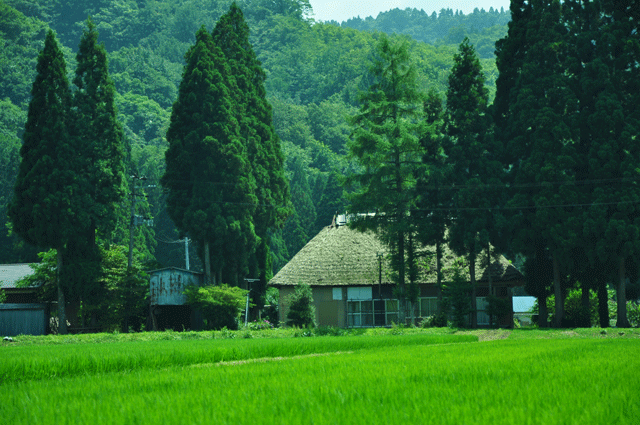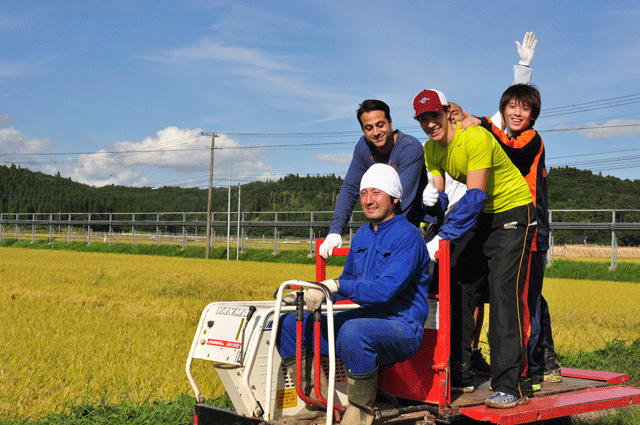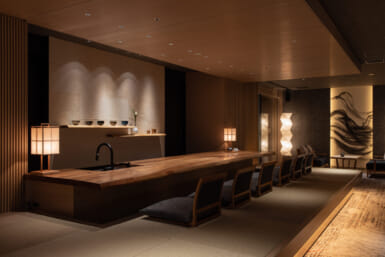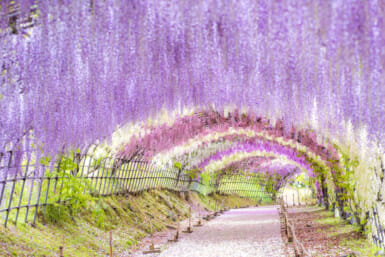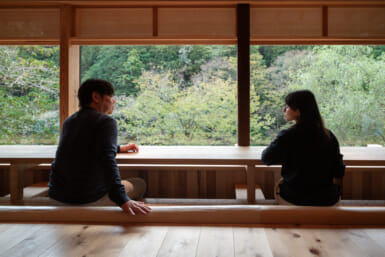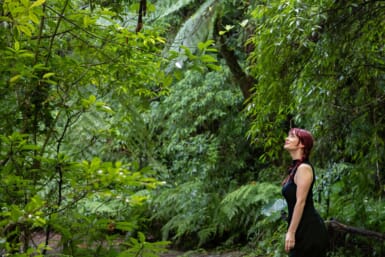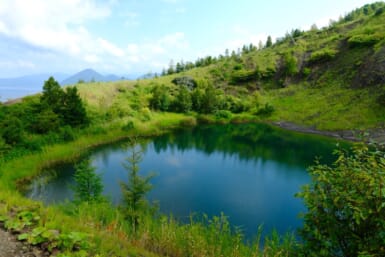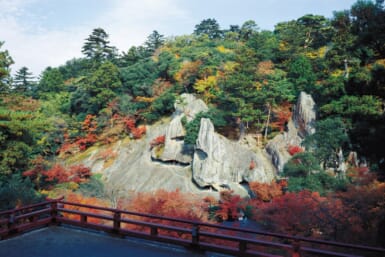A budding tourism agency in Akita is connecting foreign travelers with the anime-inspiring heart of the country.
You could say Ghibli’s movies were responsible for the founding of Akita’s Travel Design. At least the world-famous Japanese animation studio and its award-winning creations inspired so many foreign visitors to come to Japan that the travel company’s founder decided there was a need for his agency.
It was back when Hiroshi Susaki was working in a hotel in Tokyo that he realized something was missing in the Japanese tourism industry. Overseas tourists would often ask for his help in getting to those remote places like those in Ghibli’s anime, particularly the forests and mountains seen in the legendary Hayao Miyazaki’s animated masterpieces such as “My Neighbor Totoro,” “Princess Mononoke” and “Spirited Away.” But, much to Susaki’s personal frustration, there was little he could do to help his curious customers and he was unable to set up tours into the “deep” countryside.
But the germ of an idea was sown and later, when he started actually working in a rural hotel, the same theme kept recurring: “Where is that Japan I see in Ghibli?” In his new working environment, the Osaka-born man was able to provide more help, and send the tourists into inspiring countryside so they could at least get a taste of landscapes like those that inspired Hayao Miyazaki. But still it wasn’t enough for him.
“I could come up with several places which would fit those people’s needs,” he recalls. “However, there wasn’t much information in English about those remote areas—they were unknown. And if one could go there, there would be no support or assistance for foreigners. I was frustrated. I then made a determined resolution: ‘I would love to globalize a local region!’”
It was at this point that Hiroshi headed to Akita and his ideas really began to find a home. “When I came to Akita I understood the attraction and charm of the area. It’s that people are living close to nature,” he explains. “The four seasons are very clear in Akita. During winter, the accumulated snow reaches two meters. When spring comes, the snow will melt and many different sorts, and colors, of new leaves start to appear one by one.
“People become livelier; they climb mountains and collect edible wild plants to fill the dining table. And as the temperature gets warmer, people irrigate the rice fields to prepare for rice planting. It may not visible at first sight—the country view simply looks like an area surrounded by mountains and rivers—but if you look more clearly at the rice fields you can see the everyday human endeavor that is part of this life. This is the right mix of nature and people.”
Susaki also points out that each village has kept its own traditional festival and these offer valuable insights into the heritage of Japan’s rural world, if you’re lucky enough to be around at the right time. And, of course, you can thanks to Travel Design, which was founded last April.
The company has made it its mission to unearth the hidden elements in Japanese rural culture and introduce them to people from other countries in a way that benefits the small communities. In the same way, the company hopes the learning process can be mutual as foreigners share their culture with their village hosts. Meanwhile Travel Design itself makes it a duty for its staff to learn about both parties involved—hosts and guests, and their “cultures and values”—so as to keep the tourism a richer experience for all concerned.
“We offer our visitors the opportunity to live with local people,” Susaki says. “Not to simply touch the surface of the site, but to really live with the community. Tourism in these places is not developed, so you can feel the ‘real’ Japan. We create very original plans with local travel agencies, and English speaking Akita locals help visitors to experience the deep, true Akita.”
As he reflects on his fledgling enterprise, Susaki already has a sense that a bit of his dream has been accomplished: “I think we can finally offer a glimpse into that ‘Ghibli’ Japan that so many of my hotel guests wanted.”
Sponsored Post

